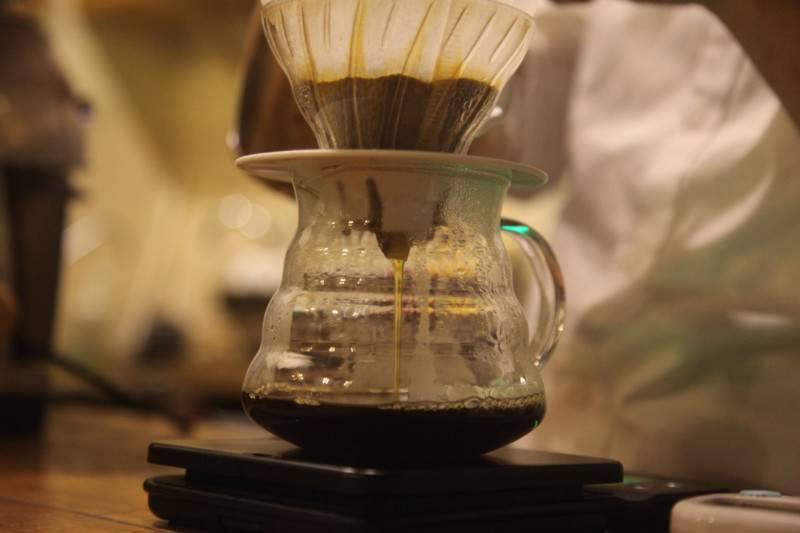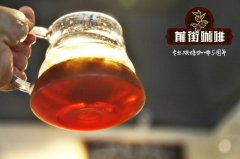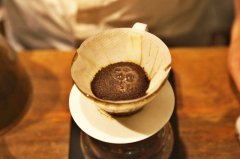Decaf makes Starbucks decaf coffee tastes good? The taste of decaf coffee

Professional coffee knowledge exchange more information about coffee beans Please pay attention to the caffeine content in a cup of coffee in the coffee workshop (Wechat official account cafe_style). The impact of coffee beans is the most important. The so-called "decaf coffee" is to separate the caffeine from the raw beans before the coffee is roasted. The extracted raw coffee beans can remove more than 90% of the caffeine, and the roasted beans are "low-caffeinated beans" on the market; in addition, the separated caffeine can also be fully used in the pharmaceutical industry.
It is well known that coffee contains caffeine; its early use as a pick-me-up or treatment for headaches may also have a lot to do with its caffeine.
There has always been a lot of debate about whether caffeine is good or bad to the human body, and even up to now, the medical profession still has different opinions. This is a quite professional issue, and I have no intention of discussing it here, but the rise of "decaf" is closely related to this topic.
Since the 20th century, because of the popularity of coffee, the effect of "caffeine" on the human body is good or bad, which has also caused a great debate in the medical and coffee circles. While these issues are still debated, quick-thinking businessmen begin to study how to extract "caffeine" from coffee to attract people who love coffee but have scruples about it.
The advent of decaf is quite early. The first person to invent and patent the decaf extraction method was a German coffee merchant named Ludwig Roselius. At that time, he used benzene as the solvent for extraction. In 1906, Roserus founded a company that specializes in decaf, marking the beginning of the history of decaf. Since then, many kinds of decaf brands have been launched not only in Germany, but also in large coffee consuming countries such as France and the United States.
In the 1970s or so, this kind of extracted "decaf" became popular in the United States for a long time because of medical doubts about the health effects of caffeine.
However, with the progress of medicine, people know more about the composition of coffee, and the problem of caffeine is no longer so noticeable; in addition, many people believe that without caffeine in coffee, it is not like a real cup of coffee. So "decaf" is no longer as popular as it used to be.
But from another point of view, some people should not consume too much caffeine because of their physique, so drinking coffee has become a distant thing. This situation is really excruciating for some people who are used to drinking coffee. At this time, "decaf coffee" appears to be rare, although its charm is still inferior to the original bean.
As for how "decaf" is made? In addition to using benzene or pure water to extract "decaf" in the early days, chloroform was mostly used as the solvent for extraction. Later, because chloroform was suspected of causing cancer to the human body, dichloromethane was replaced by dichloromethane.
The most advanced "decaf" is almost always extracted with liquid carbon dioxide. Compared with previous extraction methods, this method of extraction is not only less worrying about health, but also much better in preserving the flavor of coffee.
Here, the author is purely in terms of technology, but in business, liquid carbon dioxide extraction requires advanced equipment, and whether coffee merchants are willing to invest in production is another matter.
From the author's personal experience, the taste of "low-caffeine coffee" is indeed more boring, less of the rich taste changes of general coffee. Perhaps even though the extraction technology has made great progress, the taste is still not comparable to the flavor of raw beans. But for coffee lovers who have to control their caffeine intake because of their health, "decaf" still retains the basic coffee flavor, which is a good choice.
Important Notice :
前街咖啡 FrontStreet Coffee has moved to new addredd:
FrontStreet Coffee Address: 315,Donghua East Road,GuangZhou
Tel:020 38364473
- Prev

Is there any caffeine in decaf? What is decaf? How to order decaf at Starbucks?
Professional coffee knowledge exchange more coffee bean information please pay attention to the coffee workshop (Wechat official account cafe_style) decaf coffee is not decaffeinated coffee. This is the findings of a new study from the University of Florida. It means that even a cup of decaf can be too exciting to sleep. The study points out that if a person drinks five to ten cups a day
- Next

How do Starbucks espresso order espresso? Is the espresso good?
Professional coffee knowledge exchange more coffee bean information Please pay attention to the coffee workshop (Wechat official account cafe_style) Espresso has always been a very high status in the hearts of coffee lovers, not only because of its rich taste, pure Italian origin, but also because Espresso for baristas is not only a test of skills, more is the knowledge and love of coffee.
Related
- Beginners will see the "Coffee pull flower" guide!
- What is the difference between ice blog purified milk and ordinary milk coffee?
- Why is the Philippines the largest producer of crops in Liberia?
- For coffee extraction, should the fine powder be retained?
- How does extracted espresso fill pressed powder? How much strength does it take to press the powder?
- How to make jasmine cold extract coffee? Is the jasmine + latte good?
- Will this little toy really make the coffee taste better? How does Lily Drip affect coffee extraction?
- Will the action of slapping the filter cup also affect coffee extraction?
- What's the difference between powder-to-water ratio and powder-to-liquid ratio?
- What is the Ethiopian local species? What does it have to do with Heirloom native species?

